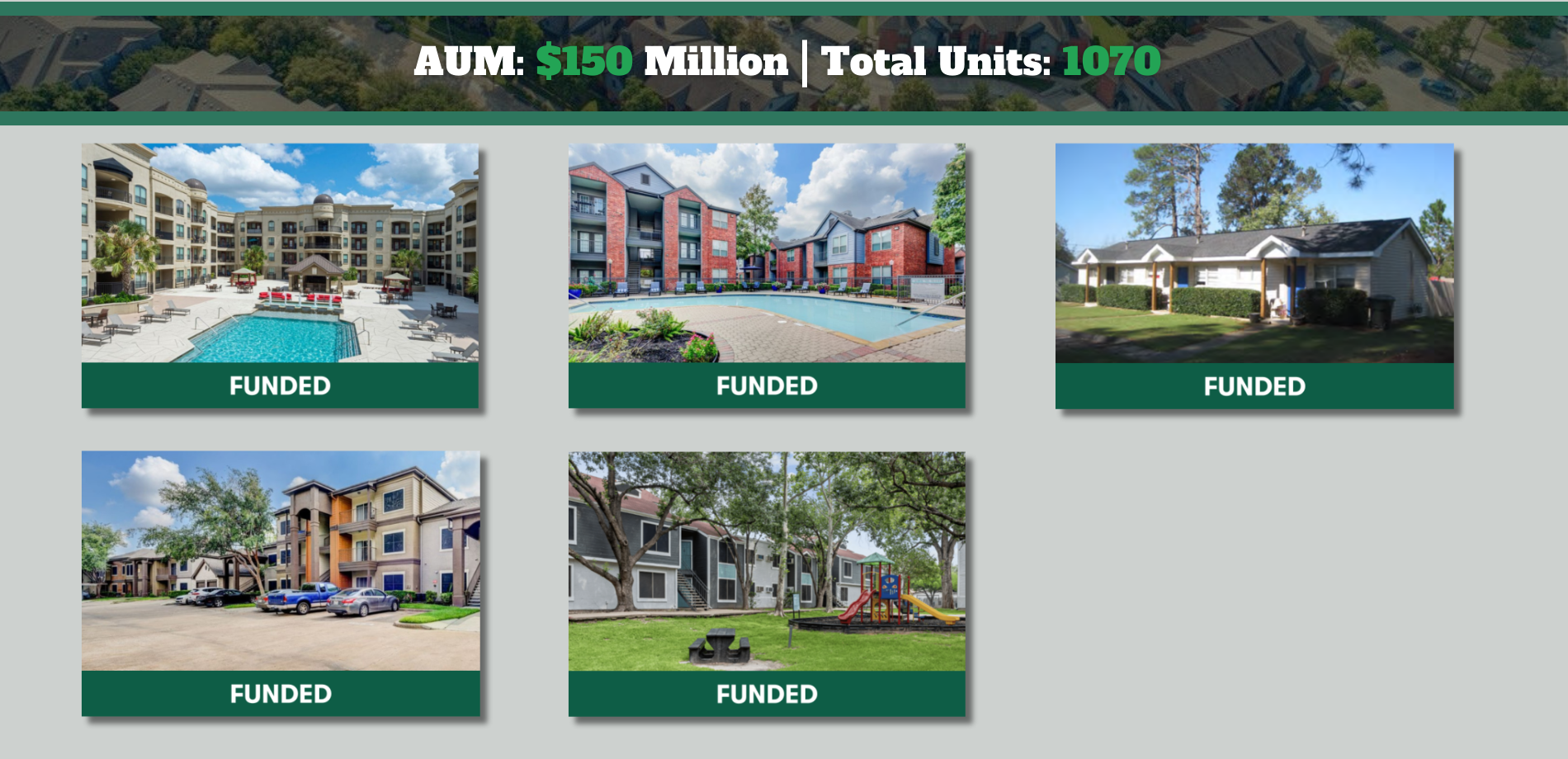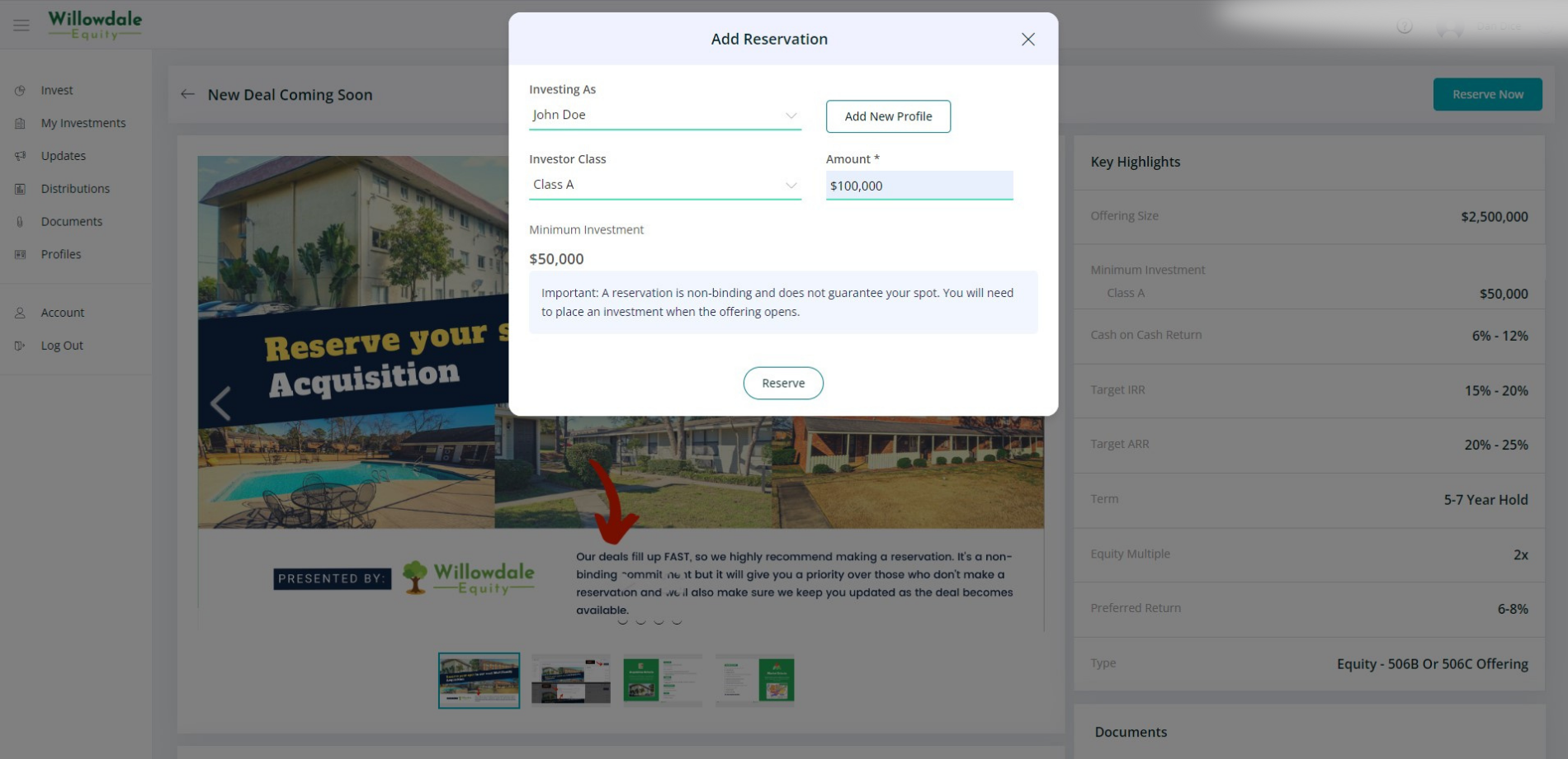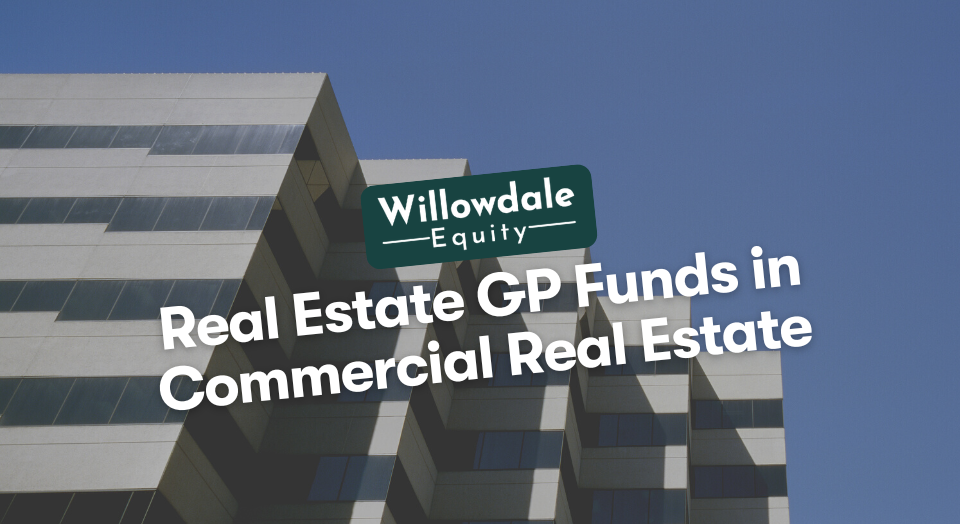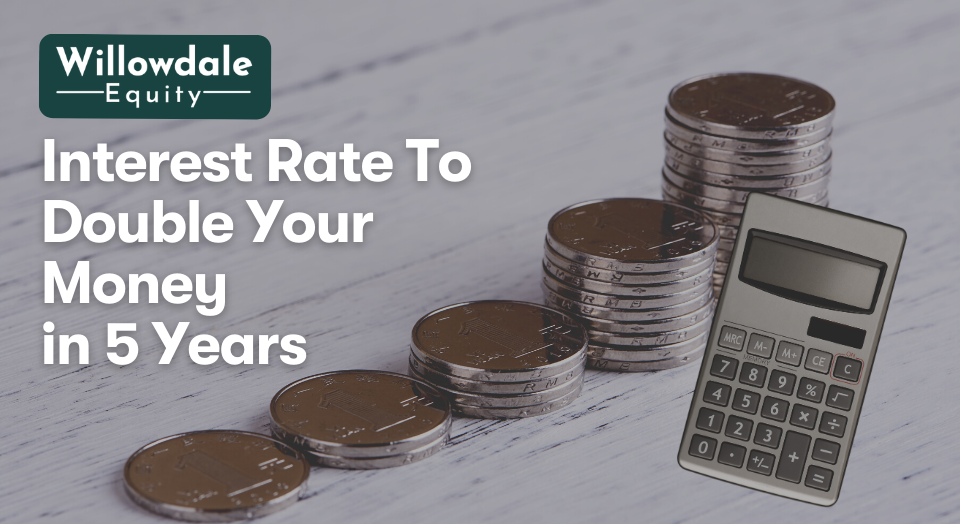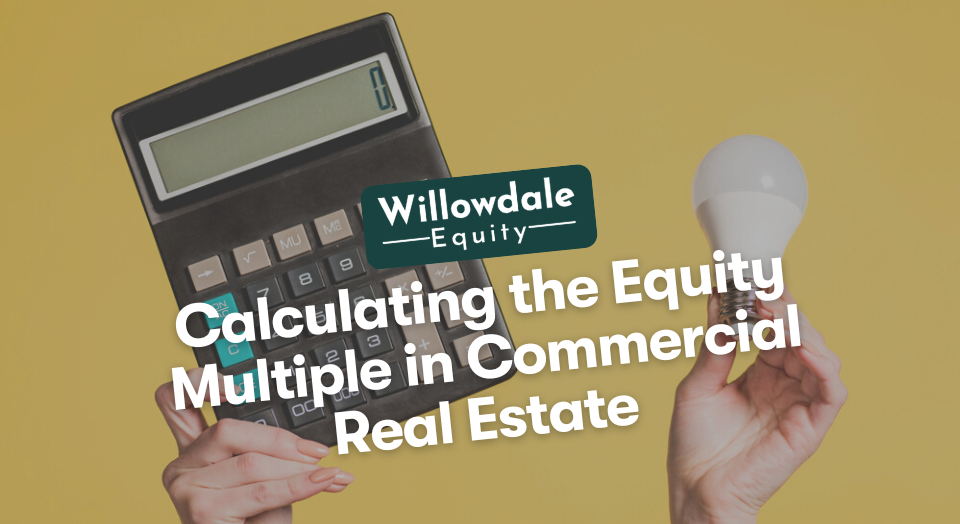
How to Calculate Equity Multiple in a Commercial Real Estate Investment
This article is part of our guide on what a good IRR is for multifamily, available here.
To successfully invest in real estate, it is important to understand the various multipliers used to analyze a property. One such multiplier is the equity multiple. By understanding how to calculate and analyze this number, investors can better understand how well their money will perform in the property. This multiplier will help investors make informed buying decisions.
Key Takeaways
-
It helps investors get a clear picture of what they can turn their investment dollars into by the end of the hold period of the project.
-
The multiplier formula is the total cash distributions received divided by the total equity invested.
What does Equity Multiple Mean?: Equity Multiple Definition
In real estate, the equity multiple is the total cash distributions investors receive divided by the capital invested into the property. This metric helps investors understand the dollar-for-dollar return they can get on their invested capital, which is rated from the beginning of the investment until the sale of the property (or the sale of the investor’s stake in the property).
Why does the Multiple on Invested Capital Matter?
This metric allows investors a quick overview of how much money they will get from their initial investment. Not only does this include proceeds from cash flows but also proceeds from the final sale of the property.
It helps investors get a clear picture of what they can turn their investment dollars into by the end of the hold period of the project.
How to Calculate Equity Multiple: The Equity Multiple Formula in Real Estate
Let’s say you purchased a $500,000 property in cash. The property is generating $10,000 in net profit annually. You hold the property for five years and then sell it for $600,000.
Over this period, you turned $500,000 into $650,000. The multiplier formula is the total cash distributions received divided by the total equity invested. In this case, $650,000 divided by $500,000 gives you an equity multiple of 1.3x.
Equity Multiple vs Cash on Cash
The main difference between a property’s equity multiple and its cash-on-cash return is how these figures are expressed. Cash-on-cash return is generally defined as an annualized percentage on your invested capital. In contrast, the equity multiple is based on the total profits plus principal recuperation over the deal’s hold period.
Cash-on-cash also doesn’t take the eventual sale of the property into account. Since you’re usually not selling the property yearly, the cash received from operating the property will be an incomplete picture of the property’s long-term cash generation when considering its value.
IRR vs Equity Multiple
The main difference between IRR and a property’s equity multiple is that the IRR takes the time value of money into account while the equity multiple does not. The IRR looks at the profit generated by the property in percentage terms instead in a multiplier form. Just run an example at our real estate IRR calculator here.
Levered Equity Multiple

In our simple multiplier example earlier in the article, we used an all-cash deal to illustrate how the multiplier works. However, real-life real estate deals are rarely all-cash. While an equity multiple of 1.3 isn’t too bad for all-cash, it would be relatively low for a leveraged deal.
Let’s take another example where the buyer puts down $100,000, and the bank finances the remaining $400,000 of a $500,000 building. This building has an NOI (Net Operating Income) of $3,000 every month, or $36,000 annually, and the mortgage payment is about $2,100 a month for 30 years at 5% interest. This leaves you with about $900 of free cash flow per month or $10,800 per year.
Let’s say this building sells for $600,000 after 5 years, as in the previous example. After you pay off the bank at roughly $400,000, the investor is left with about $200,000 in net proceeds from the sale and would have accrued $54,000 of free cash flow over the 5-year hold, or $254,000 received from the property.
Divide $254,000 by $100,000, and you’re left with an equity multiple of 2.54x, an improvement over the previous 1.3x unlevered multiple example earlier in this article.
Why you shouldn't rely solely on equity multiple when evaluating private investments?
Equity multiples measure the return of stock for a given period of holdings in comparison with the amount of money you deposit. This does not measure the return on time value or annual returns.
Depending on the amount of investment you invest, you may have to wait for long periods before you realize the full returns you have. If you want consistent distributions on cash throughout a holding period you should consider equity multiples along with the IRR for better stress testing of how a deal can perform.
Frequently Asked Questions About The Equity Multiple Formula
A 2x equity multiple means that an investment property generates twice the amount of principal invested after taking operating cash into account and its final sale price. An equity multiple greater than 2x is generally a very strong return, depending on the context of how long the hold period is for the investment.
IRR looks at the return of equity after the liquidation of a property but factors in the investment’s time value.
Equity Multiple Formula in Real Estate - Conclusion
Now that you understand the equity multiple formula, you’ll be able to see your projected return from an investment property and analyze how it relates to invested capital. When combined with other investment formulas, you can quickly screen real estate deals and only invest in properties that optimize your returns.
When investing, it’s hard to do it alone. Finding and acquiring quality deals without a team of experienced brokers, accountants, and other investors won’t be easy. If you’re interested in getting access to private multifamily real estate deals, join the investor club today.
The Willowdale Equity Investment Club is a private group of investors that are looking to passively grow their capital and share in all the tax benefits through multifamily real estate investments.
